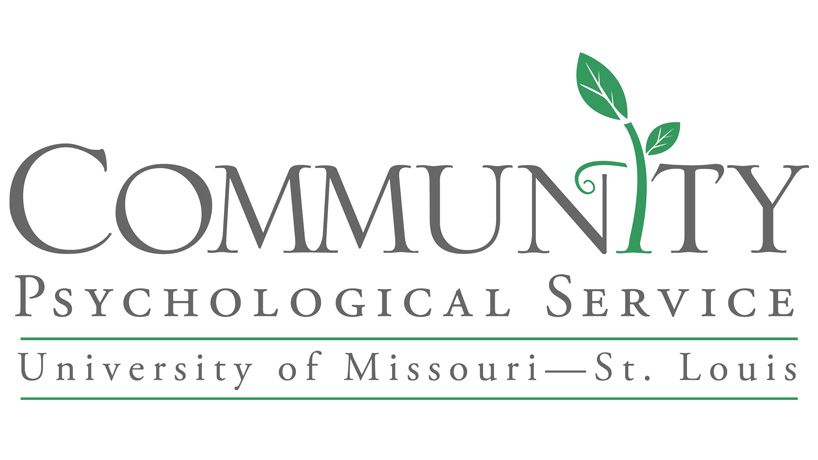
The Community Psychological Service is offering several options, including individual services and support group meetings, to assist patients dealing with the lingering effects of COVID-19.
Almost a year has passed since the World Health Organization began characterizing the outbreak of COVID-19 as a global pandemic.
The health care community’s understanding of how the virus is spread and which individuals are most at risk has grown tremendously during that time, as has its knowledge of how to treat people who’ve contracted a disease that still has no cure.
Treatments aren’t limited to therapeutics delivered while individuals are fighting off the infection. There’s been increasing recognition of so-called “long-haulers,” individuals who have been coping with the effects of COVID-19 for months after they’ve been infected and who often require mental as well as physical rehabilitation.
The Community Psychological Service at the University of Missouri–St. Louis continues to provide treatment to adults recovering from COVID-19 and has adapted its approach to better meet patient needs.
“In July or August, when we were first organizing services, the focus was on these severe cases,” said Ann Steffen, a professor of psychological sciences specializing in geropsychology and behavioral medicine, who is leading those efforts. “We required three days of hospitalization. We were thinking that we were mostly looking at ICU patients and folks who were working to get off of ventilators, and because of the demographics at the time, we assumed that the majority of the people in need of long-haul rehab services would be middle-aged and older-aged.
“The big difference from then is that nationwide there’s a growing recognition that some of these chronic symptoms are true for individuals who had cases of COVID mild enough that they were never hospitalized and in relatively young adults in their 20s, 30s and 40s.”
Media reports suggest individuals seemingly in peak physical condition when they contracted the virus – marathon runners or even NBA players – could find themselves struggling with some long-term effects from the disease.
“We had a hint of it in the summer, but we know now that the COVID virus is a multisystem virus, so it hits multiple organs,” Steffen said. “The virus can pass the blood brain barrier, entering into the cerebral spinal fluid in the brain. There can be cognitive symptoms – brain fog, concentration and memory difficulties – that are really a response to a viral infection that has impacted the brain. As folks are recovering, there is this double, triple, quadruple whammy where they’re having to manage not only shortness of breath but chronic fatigue, along with cognitive difficulties in focus, concentration and problem solving.”
Steffen said many patients also display symptoms of traumatic stress, although some of them haven’t been rid of the virus long enough to be diagnosed with PTSD – a designation that requires a patient to be at least six months post-trauma. Still, they might be experiencing nightmares, anxiety or even depression as they’re recovering from their illness.
The Community Psychological Service provides psychosocial rehabilitation services to assist patients dealing with these mental and brain health symptoms.
Last August, it launched weekly Recovering from COVID-19 rehabilitation groups. Steffen and her colleagues have learned that some patients want to meet individually with a behavioral rehab clinician. The Community Psychological Service offers several options, including individual services and support group meetings.
“Even those receiving individual services still want to get together with other survivors and share stories,” Steffen said. “They may not know anybody else who is going through this, so it feels really good to be able to compare their story to other people’s stories and learn how other people are dealing with this. They feel not so alone because they see other people are struggling with it. They also learn coping strategies from each other and feel good about supporting others.”
UMSL is also home to the Center for Trauma Recovery, which is affiliated with the Department of Psychological Sciences. Its staff features national leaders in traumatic stress and trauma recovery. Recent studies suggest 20-30 percent of individuals who recovered from Covid-19 developed significant symptoms of PTSD.
“For some people, not for everybody, we’re weaving in our department’s and campus’s expertise in responding to traumatic stress as a part of helping folks who are getting over COVID,” Steffen said.
The Community Psychological Service is currently the only Post Covid Care Center listed in Missouri on Survivor Corps, a grassroots network meant to connect, educate and offer support to COVID-19 survivors.
For more information, email umslcps@msx.umsl.edu or call 314-516-5771.














